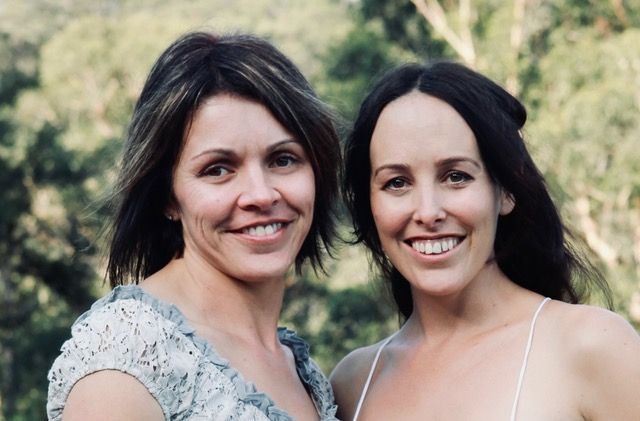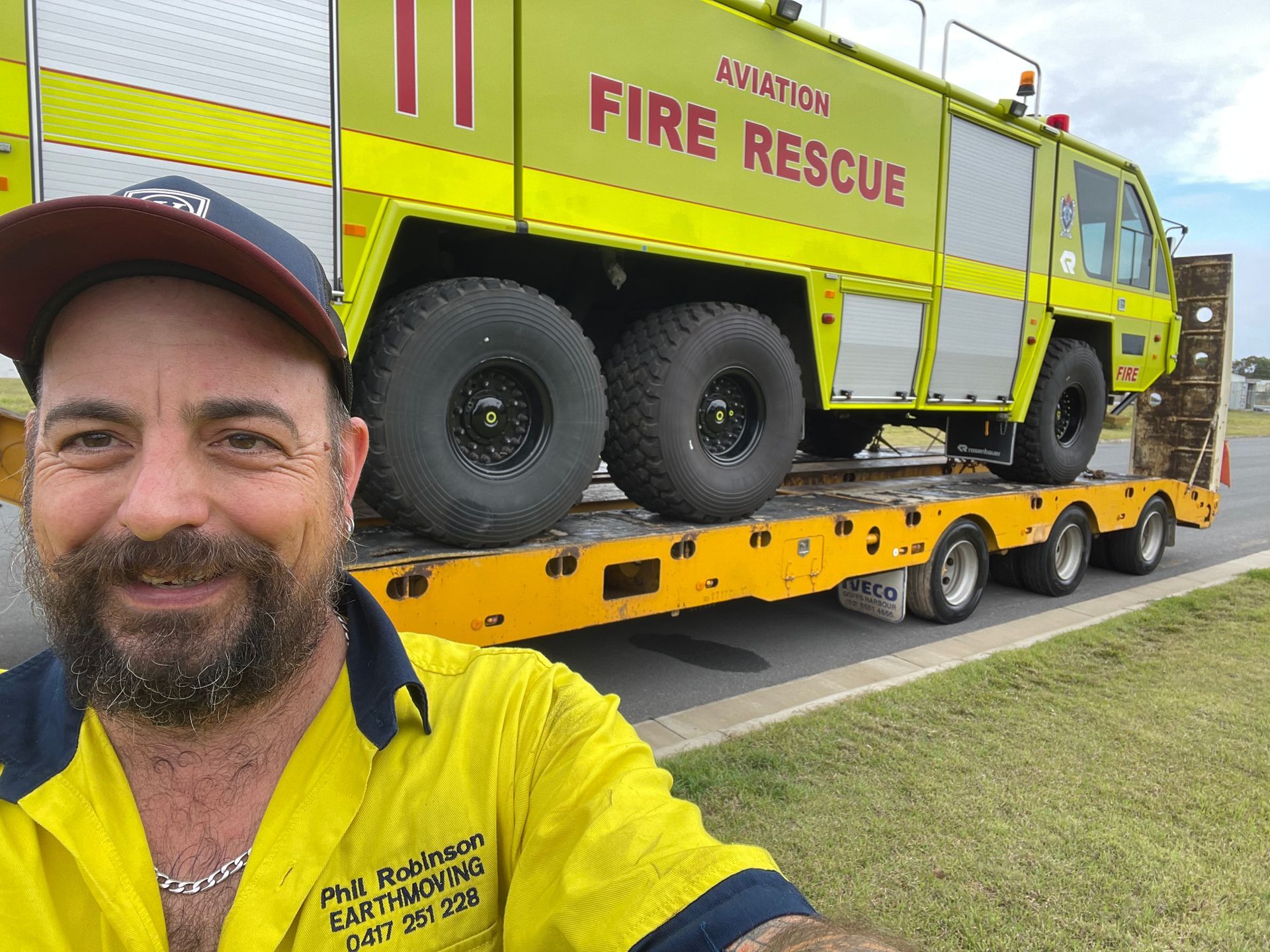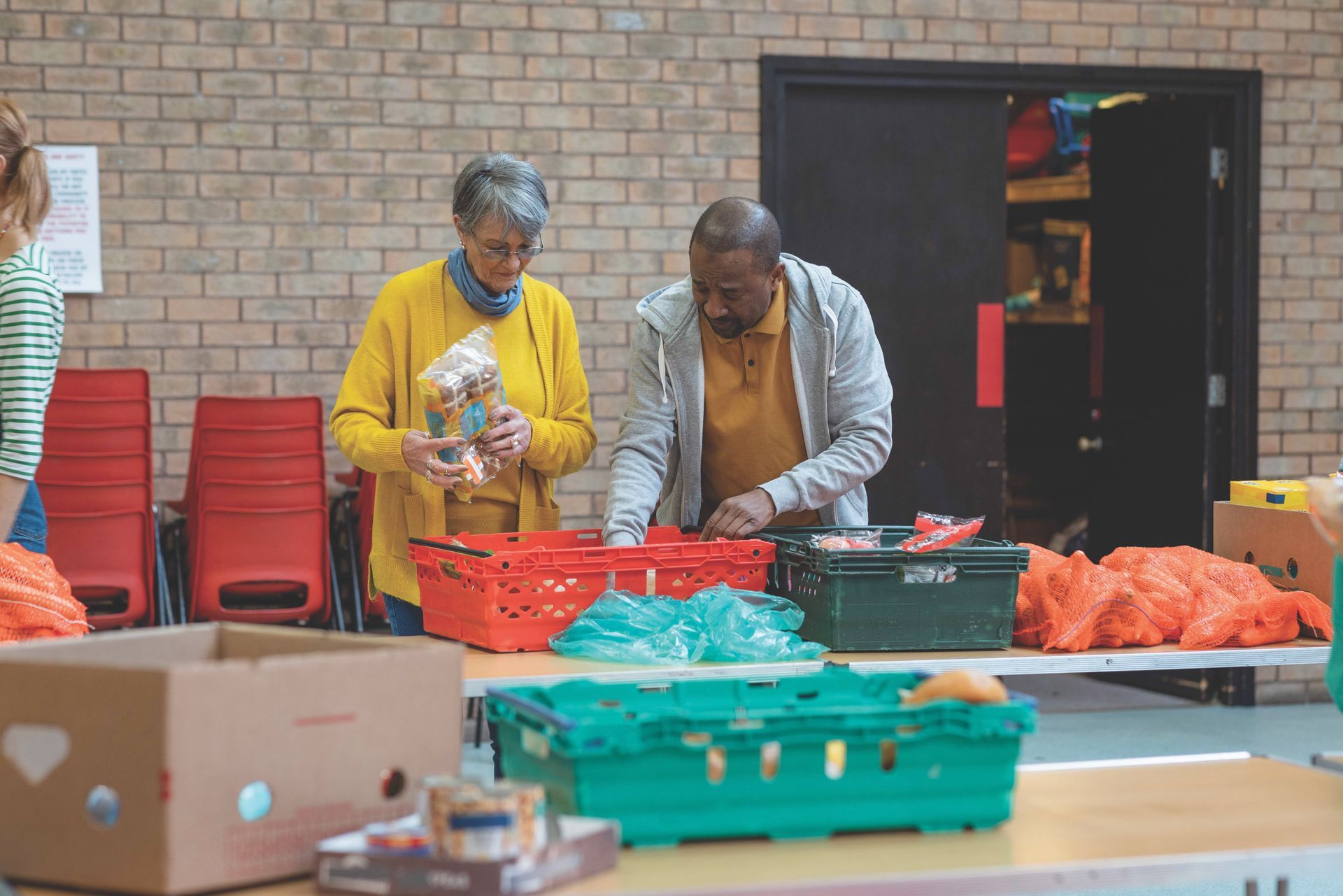Five experts share their R U OK? conversation tips
Looking out for our friends, family and workmates is something we can all do, though knowing the best way to approach a conversation can help us tackle the difficult and awkward ones with more confidence. We asked five conversation experts to share their tips for asking R U OK? and keeping the conversation going when someone says they're not OK so you can continue a conversation that could change a life.
Expert: Nicholas Procter
“Sometimes it can be hard to pitch the words in the way that you think are right. It can be a bit nerve-racking to ask those questions and have that conversation. But what we know from people in distress is that it’s less about the words and more about the intent."
Nicholas Procter, Leader of the University of South Australia's Mental Health and Suicide Research Group, shares his conversation tips.
Expert: Kamal Sarma
"Our job is not to fix them, our job is to make sure that we listen to them, that we take an interest and see what we can do to encourage action."
Kamal Sarma, the Chair of the R U OK? Conversation Think Tank, shares his conversation tips.
Expert: Debra Brodowski
"It demonstrates genuine care and concern, it demonstrates that you are able to offer assistance and it really offers an opportunity to be a connector for additional support in an authentic and genuine way.”
Debra Brodowski, National Manager of Psychological Services at the Centre for Corporate Health, on the importance of checking in with someone after an R U OK? conversation.
Expert: Michelle Lim
“My response when I hear someone is not OK is always to ask ‘What can I do?’ and I think it’s really important to ask that question as a follow up because what we might assume will help someone feel better may not actually make them feel better.”
Dr Michelle Lim, Scientific Chair of Ending Loneliness Together, shares her tip for what to say after R U OK?






















